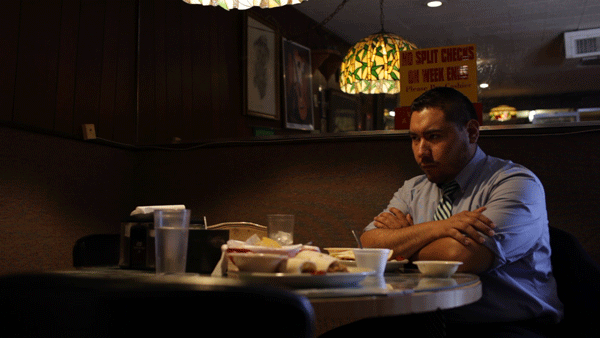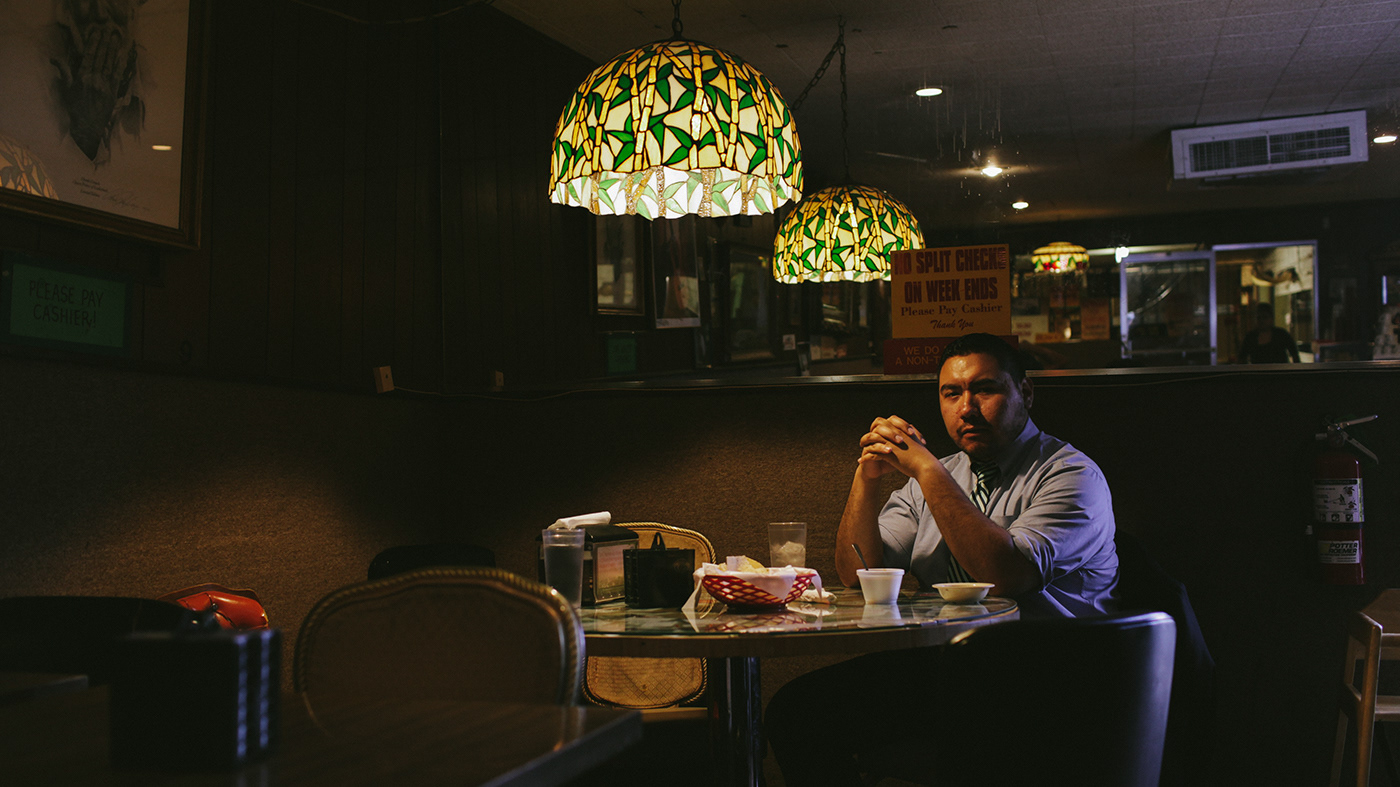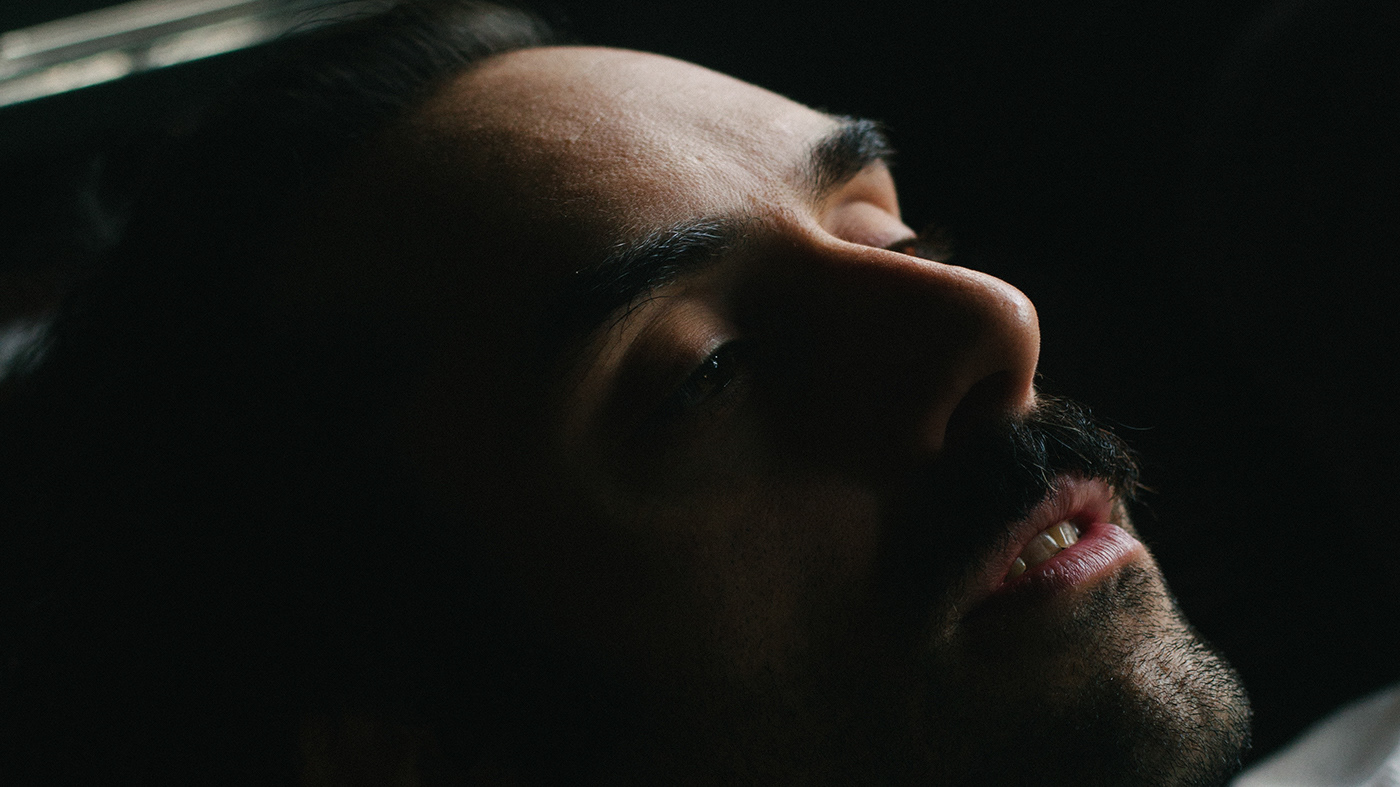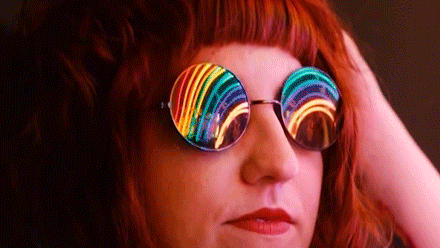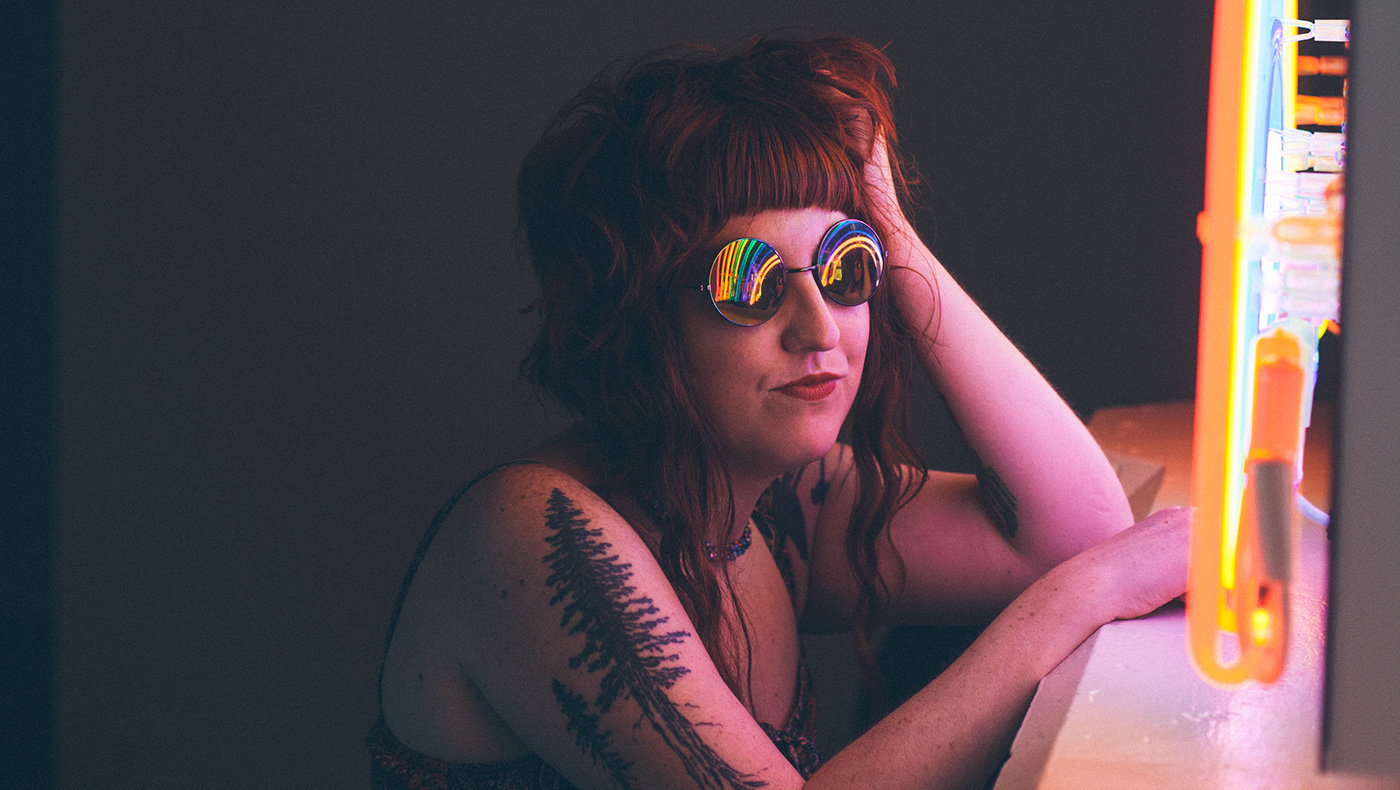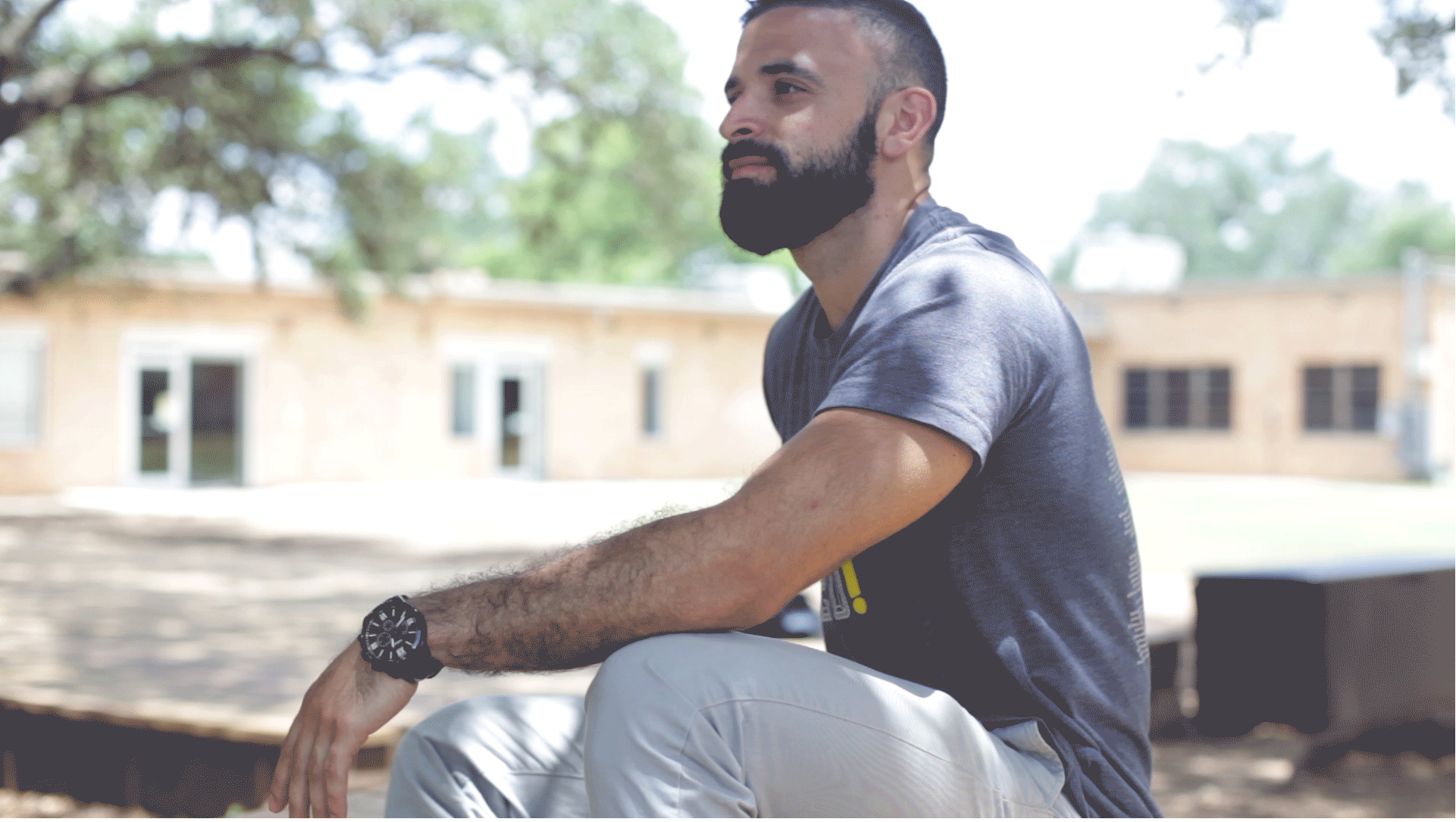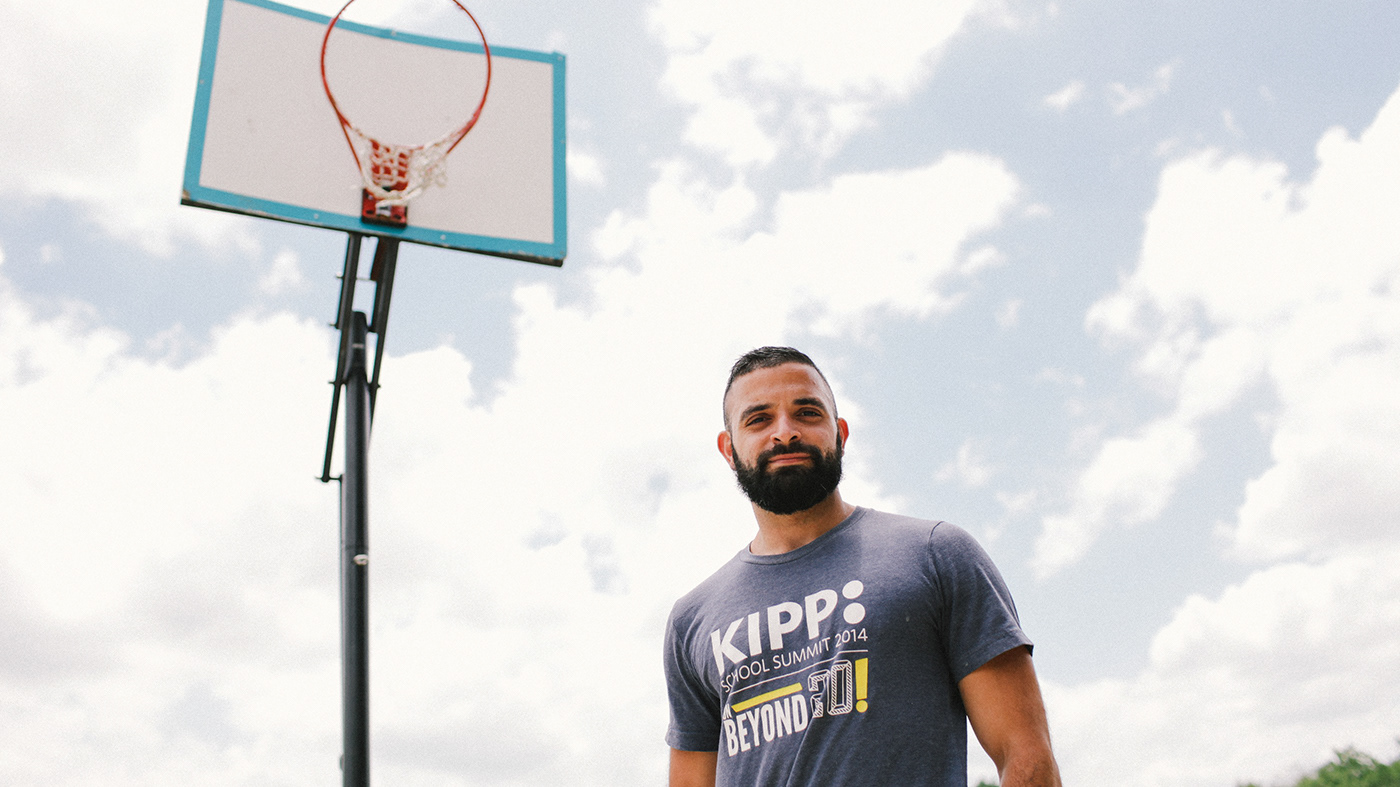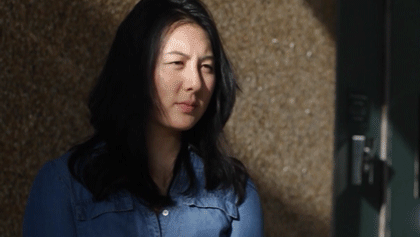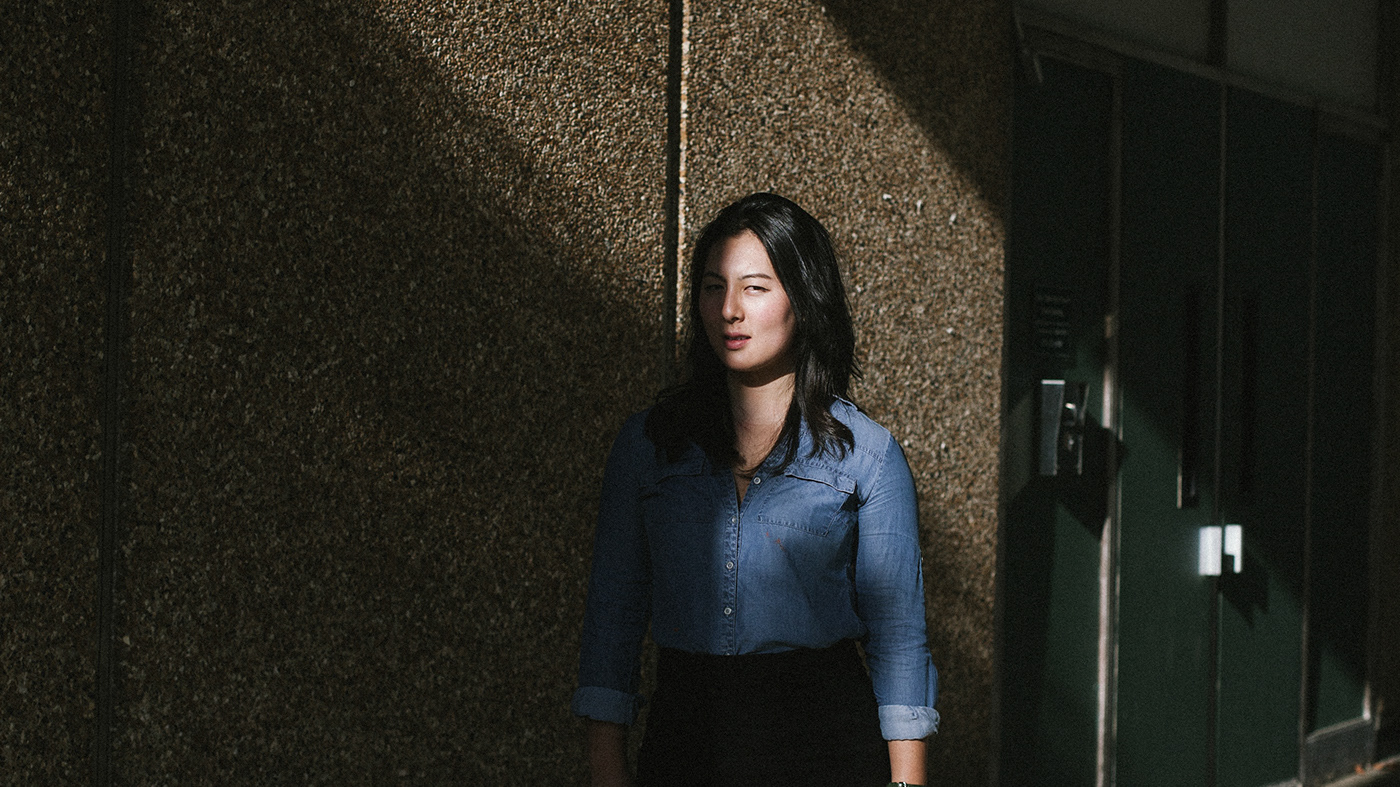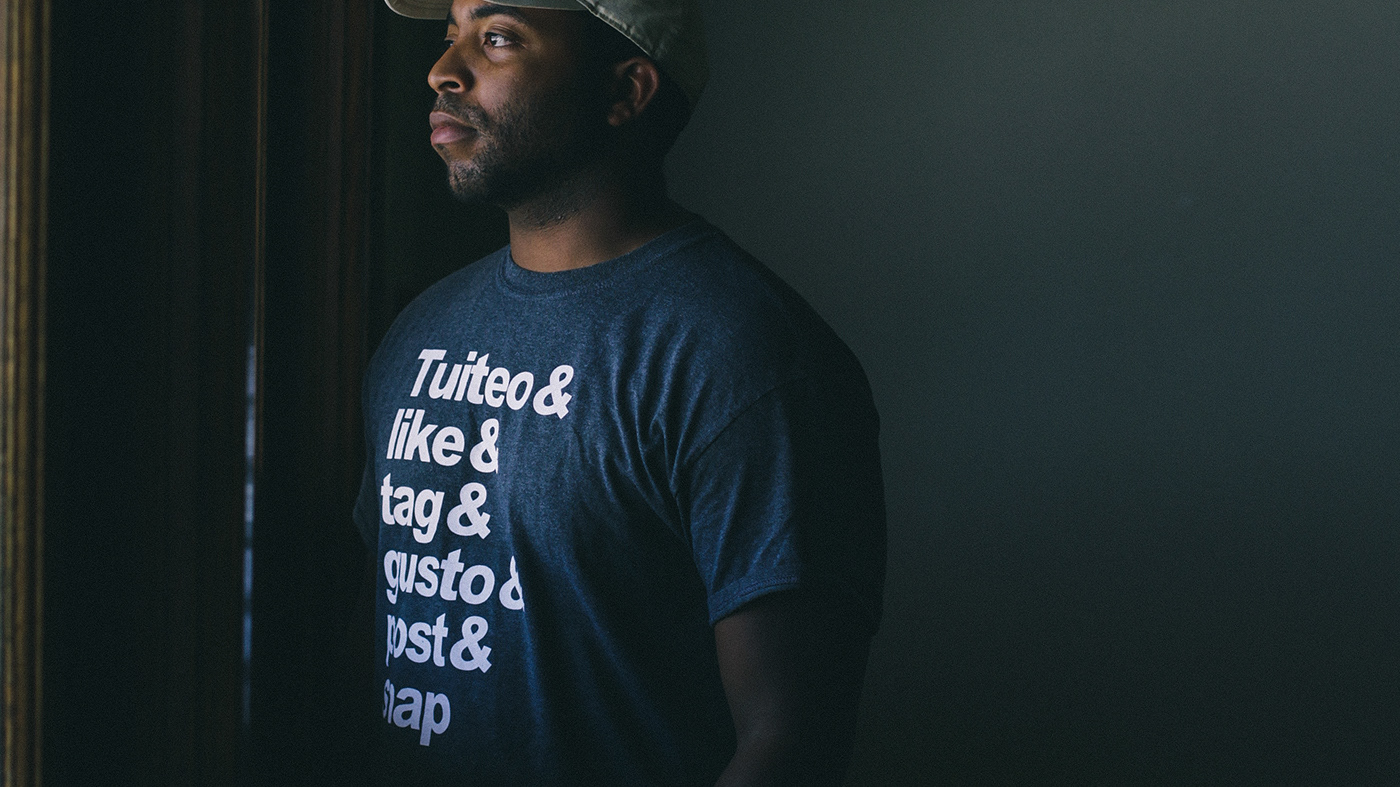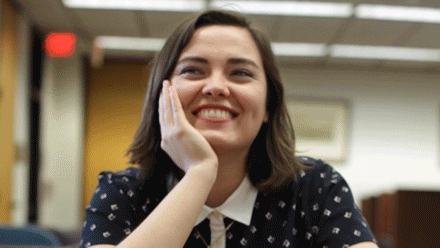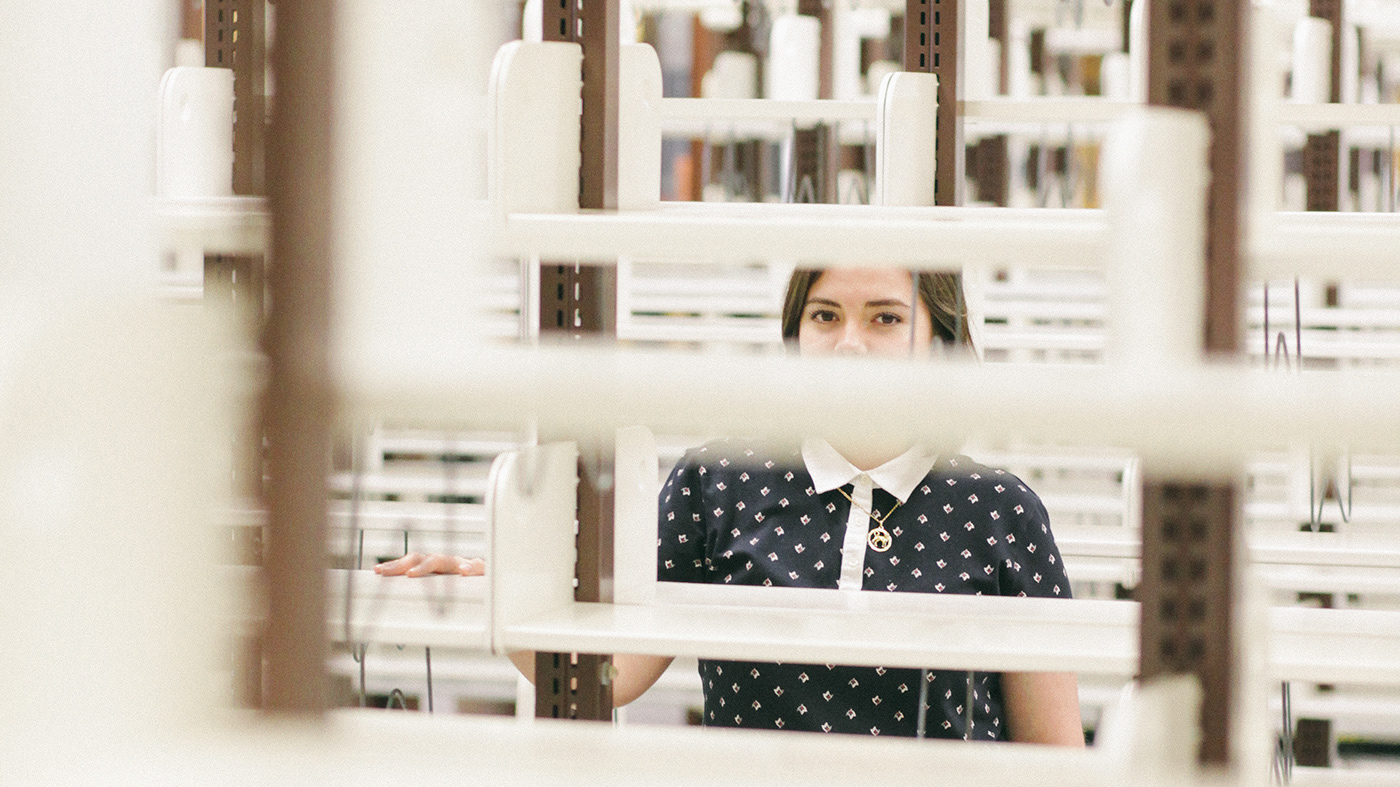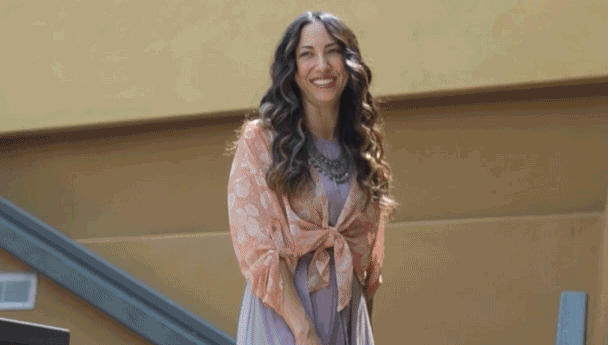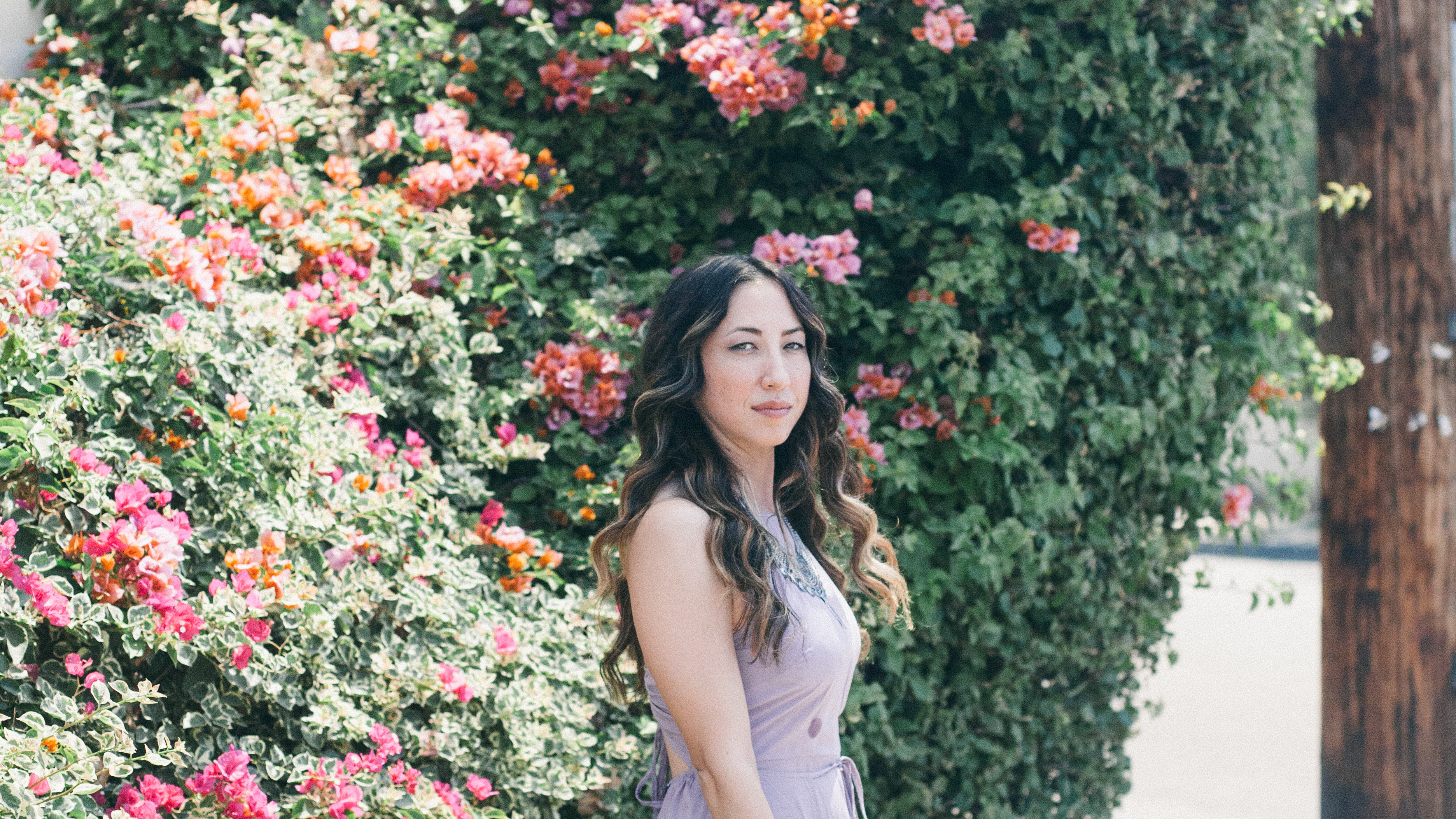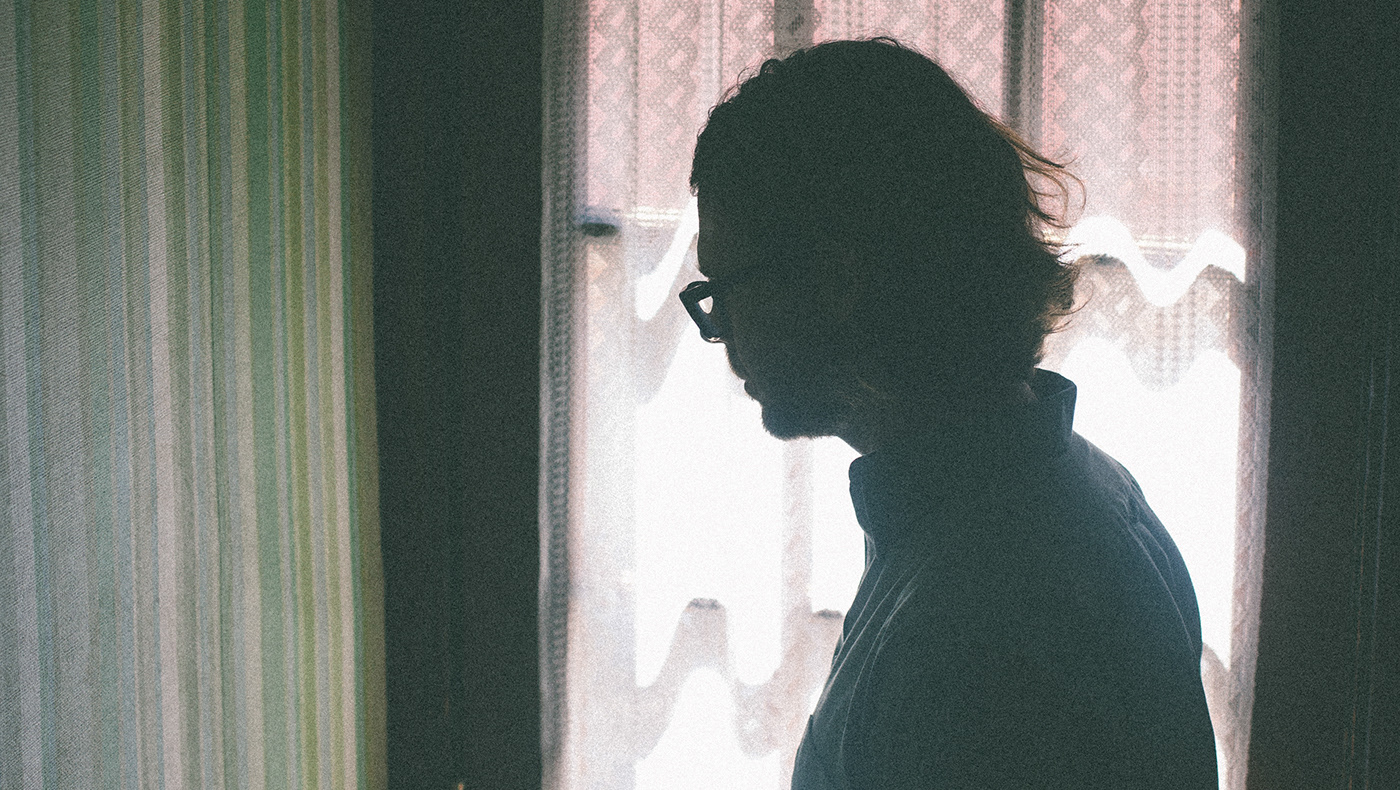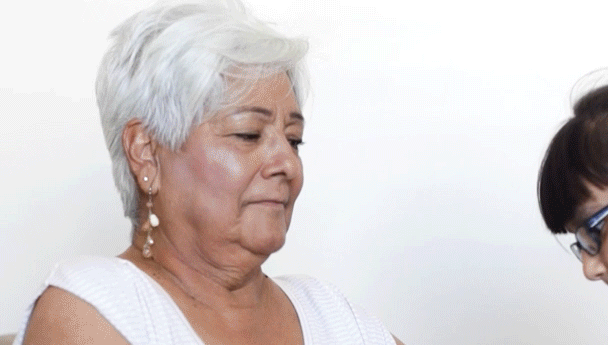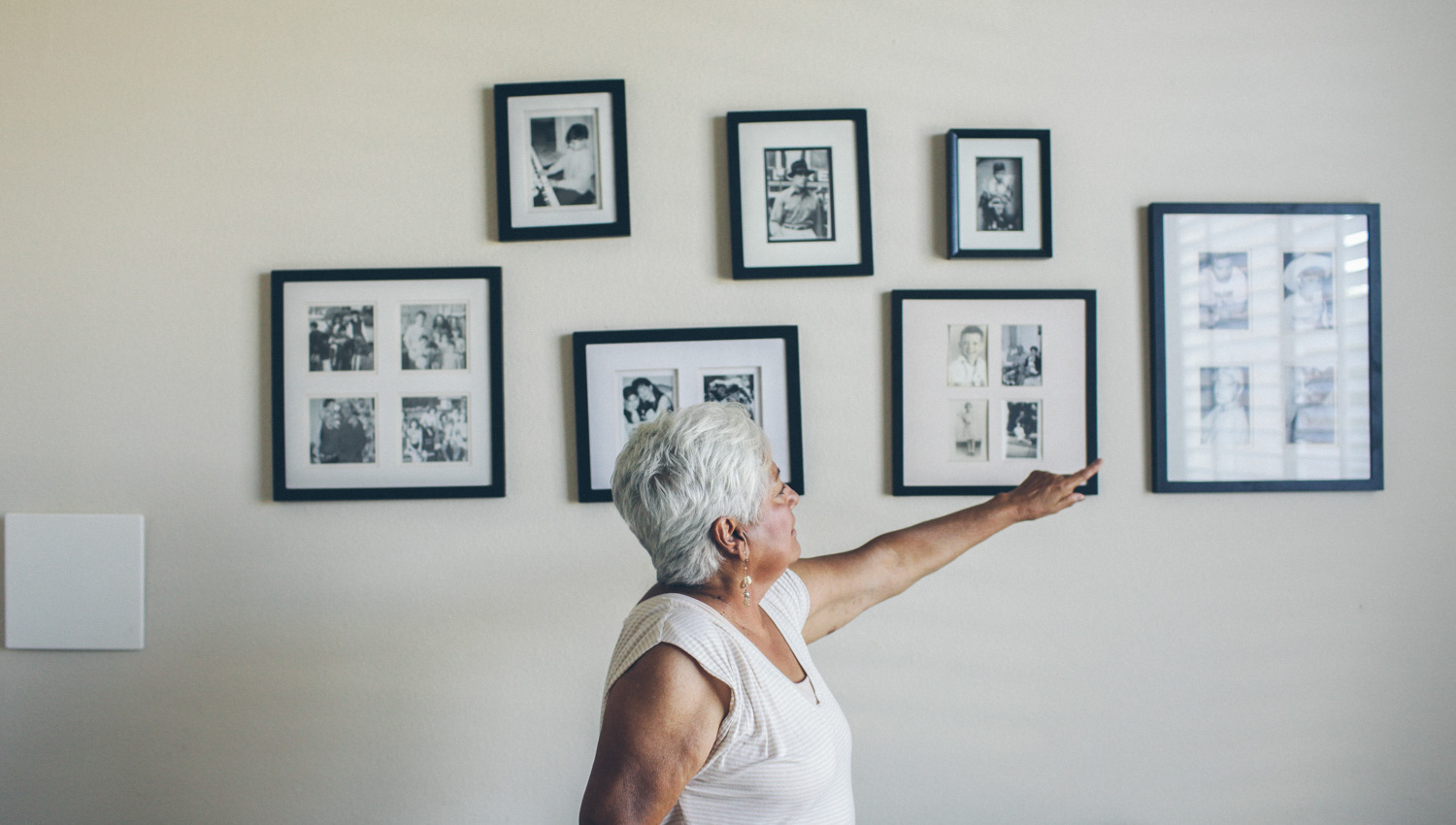teacher / interior designer / ex-Mormon
For all the internet arguments I've waged, I have never once had to argue the value of a person who was a different orientation or ethnicity than me with my family. The concept that droves of people resent going to their childhood homes because it will mean being slowly drowned in prejudice sounds horrible. I have little interest in visiting that circle of hell filled with under-the-breath statements and prejudiced generalizations. Stephanie sat me down in her tastefully decorated home, draped herself in a blanket and spoke candidly about how her eyes have been forcibly opened to our country's most vile truths.


"What is my place here? How can I be an ally without being insensitive and blinded by privilege?"

On being a teacher
"I am a white person in a position of influence at a time when kids are treated poorly because of the languages they speak or the color of their skin. That responsibility motivates me.
It's a unique perspective to be so close to these children while they are being marginalized as we speak. Their families are being deported. Their dads and grandpas are being put in jail for minor drug charges. It's awful. Right now I have a student whose father won't be out of jail until she graduates from high school! Hearing that from my children, being on the frontlines and seeing how it affects them, makes me angry and compels me to do even more."
On whiteness
"My heritage is German and Scottish, so just like white. I don't feel very proud of that, for obvious reasons. Whiteness itself doesn't make me proud. I don't like what has happened, what my ancestors did. Most of the time they weren't doing good things to other people groups.
Instead of blindly being proud of my heritage, my strategy is to look closer into my family history. I really dig deep to find people that I can be proud to be related to. I've focused less on pride and more on who I am and how I came to get here."
On intersectionality
Being proud of being a woman is something I've really embraced, but I'm still a white woman, the most privileged of a marginalized group. I'm still not experiencing what a lot of women experience."
On racism
"When I was little, I didn't know what was happening. I didn't know racism (still) existed. My boyfriend is half-Mexican and he really opened my eyes to it. I didn't think that it was so prevalent was because I've never experienced it. I've never experienced being treated poorly for who I am. And I've definitely experienced being treated better because I'm white. But I didn't know it then.
When we first started dating, I wasn't super passionate about social justice. Now nothing makes me angry like seeing injustice.
He said that whenever he went into a store they watched him more carefully or if he was working, he is a laborer, clients would always talk to the white person first, even if they were a helper.
I couldn't believe it. Obviously, I believed him but I was floored that someone would treat someone differently according to what they looked like."
On being an ally
"So when I say I'm not proud of being white, I mean I am not proud of white supremacy. You know, what's been happening forever. And I'm just, in the past 10 years, really realizing it and getting angry about it. It makes me sick. It makes me feel sort of helpless, not knowing what I can do and also realizing that I have no idea what it's like to be discriminated against because of my skin.
It's tough recognizing/acknowledging my privilege and trying to figure out my place in that world. Like how do I help? How do I do it in a way that's sensitive and that's actually helpful? There are plenty of public figures that just don't do it well. It's a lot of white women who are feeling like they are helping, but I just don't think it is. Or it's just like coming from such a place of privilege that it's a kind of blind.
So I'm struggling with that a lot and I have been for the past couple of years. What is my place here? How can I be a helpful ally without being insensitive and blind?
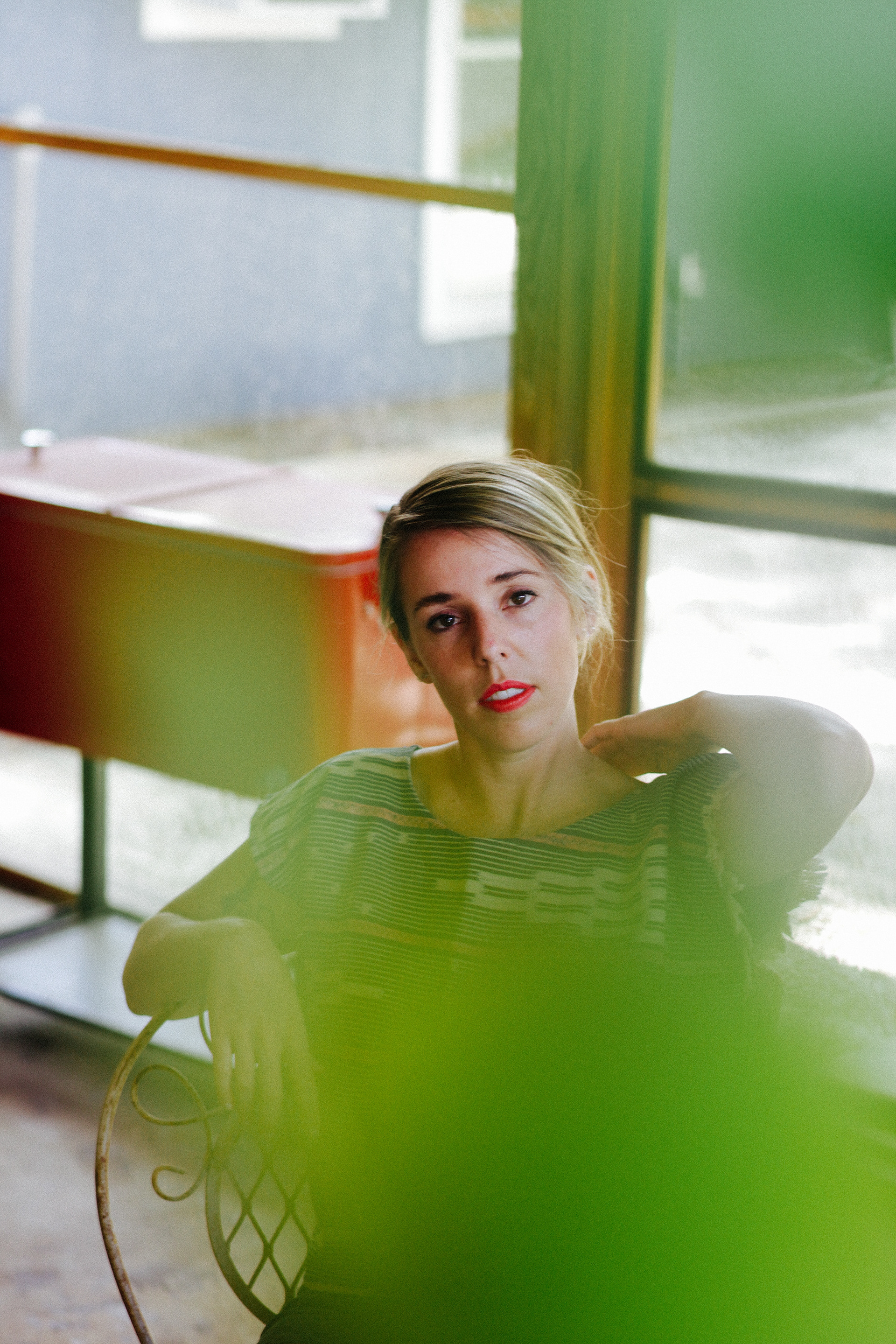
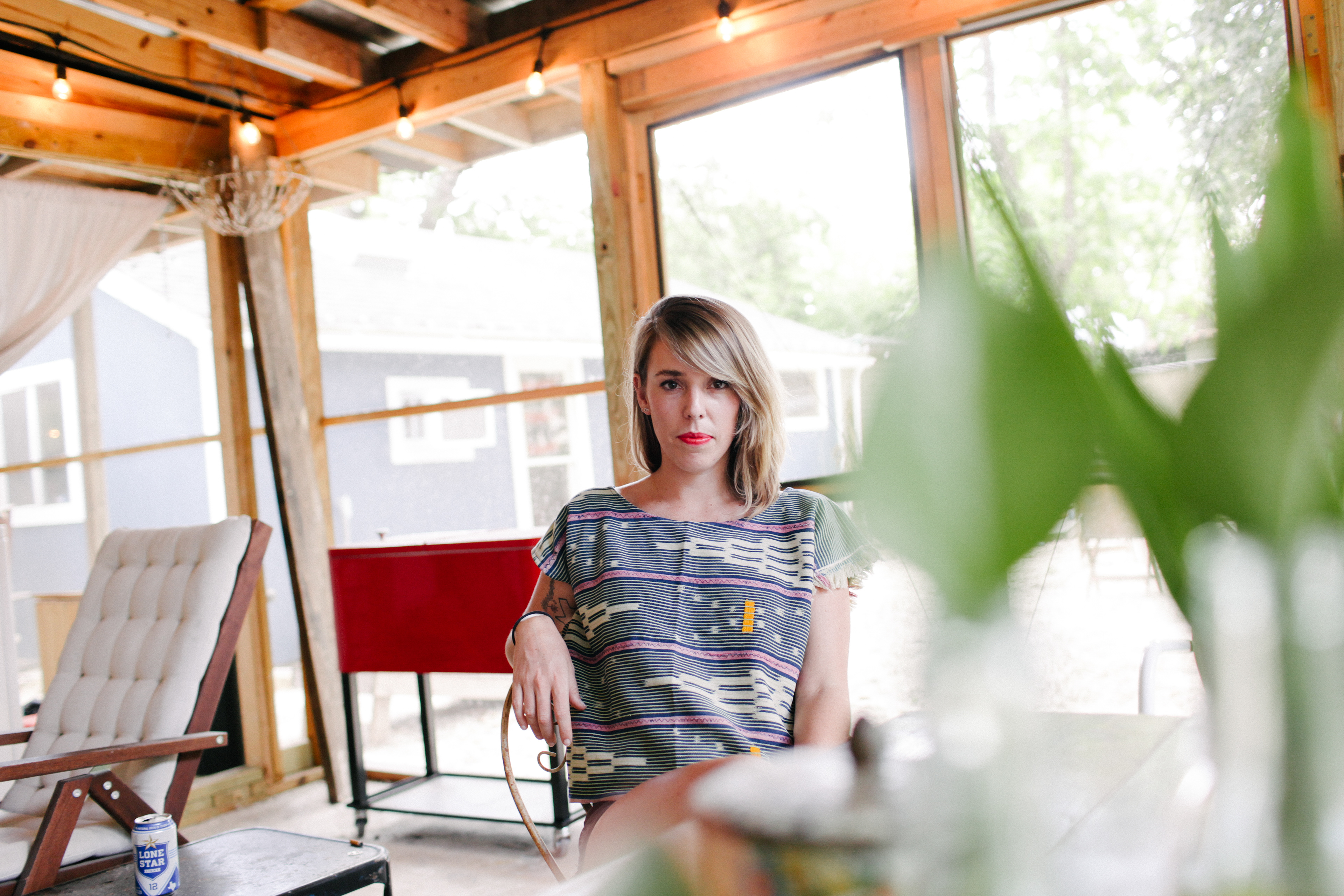
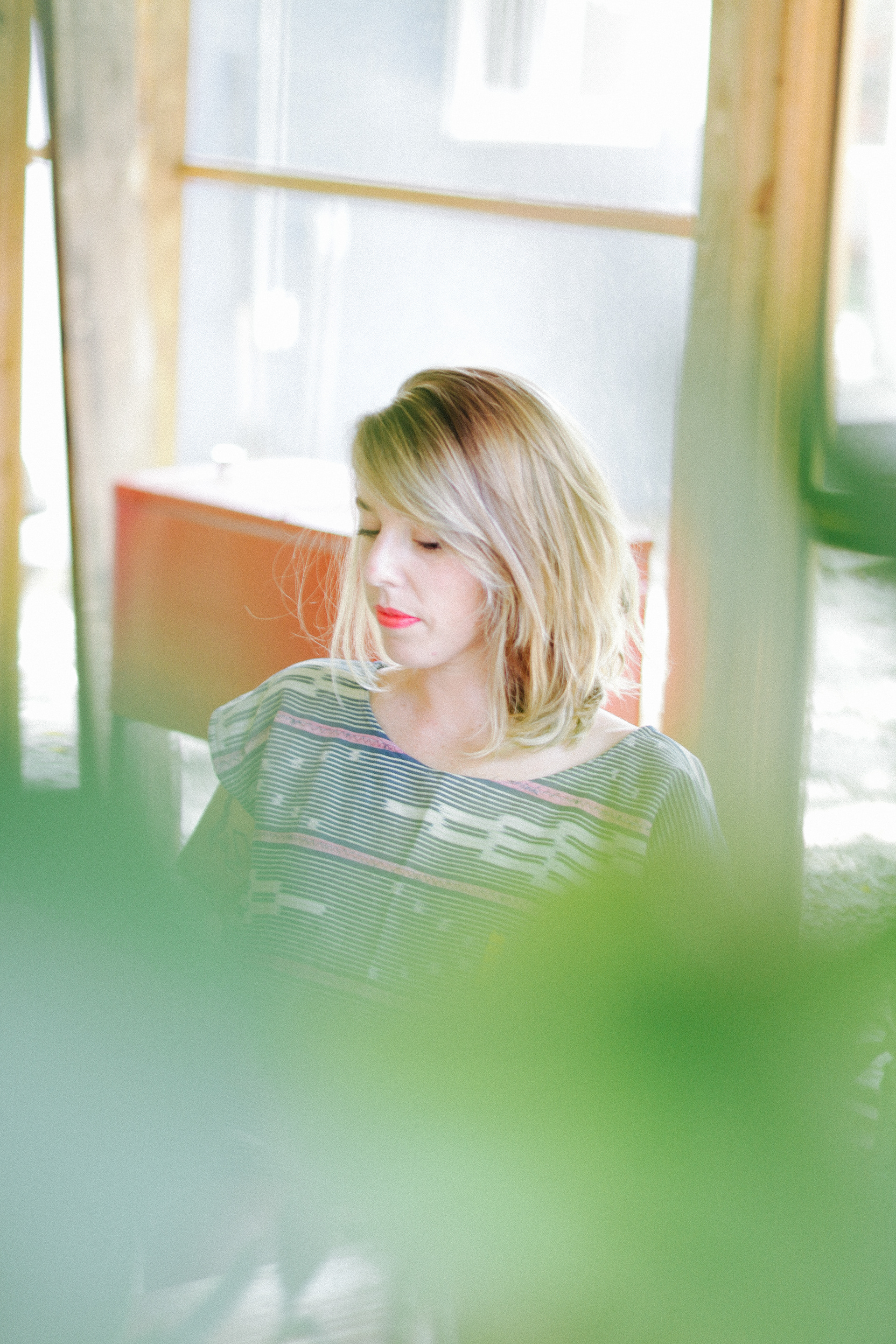
On echo chambers
"In Austin, I get a lot of confirmation bias. I'm having these thoughts and these feelings and I go out with my friends and they say, "You're right." "You were right." And you just don't get a lot of other perspectives. I don't feel like I can relate to someone who has different values for me because I don't have practice. When I go visit my family, for example, I'm just heartbroken and don't know how to communicate productively about social issues.
Take my grandma as an example. She's pretty old and she's lives outside of Santa Barbara. There is a significant Hispanic population there and she hates it. The stuff she says is shocking to me. We are shockingly different. One time when I was in college, she said something like "gay people are getting married? What's next sex with animals?"
She clearly doesn't understand, and I don't understand her. How do you talk about that in a productive way? I don't know."
From Kingwood, TX
Lives in Austin, TX
